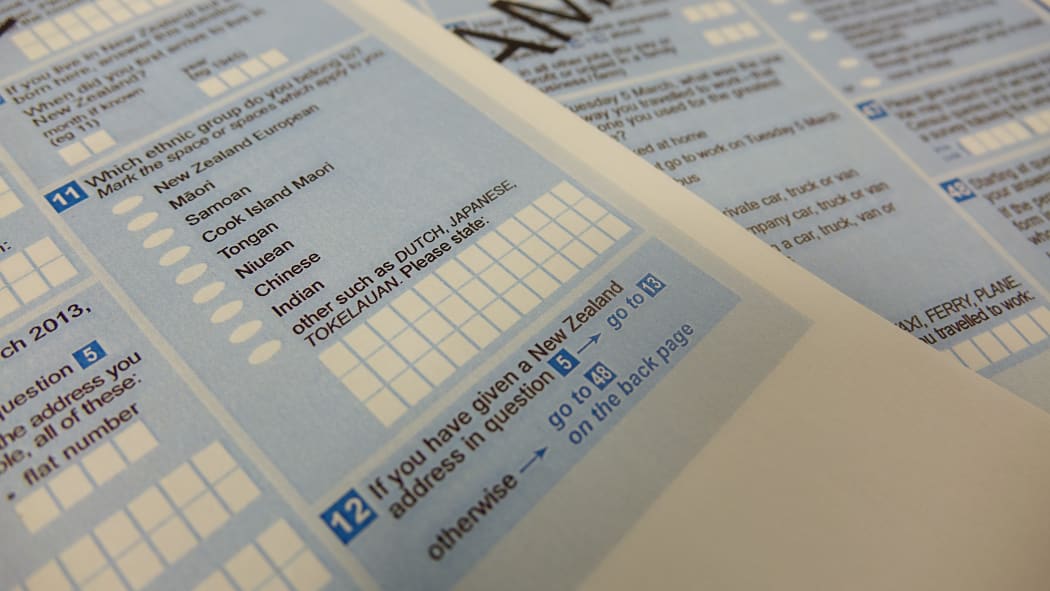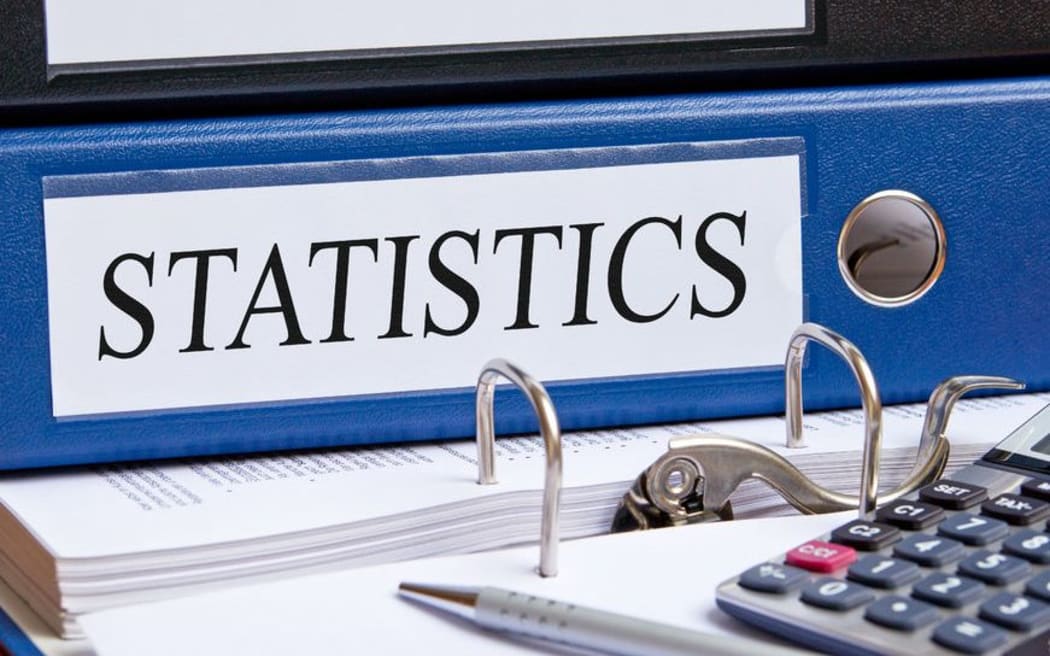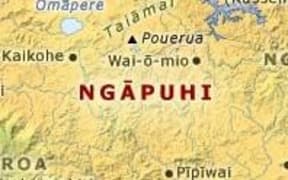Statistics New Zealand is moving to what it says is an "online first" approach for the next census and, for the first time, it will generally stop using collectors to drop off forms and pick them up.

Photo: RNZ / Kim Baker Wilson
Face-to-face collection staff will instead be used when online forms are not completed.
A Statistics New Zealand census specialist, Michael Berry, said it would mean the census was more cost-efficient but it should also yield more accurate data.
"It offers us a number of opportunities, but it also offers us some challenges.
"We'll have a bit of a hit squad, so for those that don't complete their forms we will have a team of collectors that go in and go face-to-face."
However, the familiar knock at the door at census time will, for most people, be relegated to the past.
"We will be really targeting those areas and those different groups in the population that we know historically are higher than others in terms of non-responses," Mr Berry said.
He said Statistics New Zealand community liaison teams would work with the likes of local councils and city missions to make sure people in apartments and the homeless are reached.
"The collection force will be targetting areas that we know might not respond as easily via the internet."
An online first census was tested in Oamaru in 2013, and about 65 percent of people filled out their census form over the internet.
Mr Berry said this gave Statistics New Zealand enough confidence that the approach was the right direction to head in.
There will be a field test next year, and a "full dress rehearsal" in 2017, involving 20,000 households, before the actual census in 2018.
Statistics New Zealand is also looking at how the census would appear on mobile phones in a bid to better target groups like young people.
However, it said that in turn could cause problems with the historically paper-based forms and how questions would have to be worded to fit the new space limitations.

Photo: 123RF
Concerns about online approach
Richard Northey from the Auckland District Council of Social Services had fears about collectors no longer being used in the first instance.
"Obviously there are a number of people who can't access online or are not confident enough to deal with a complex and detailed survey.
"We're also concerned about mail. We know a lot of people don't use mail anymore, particularly lower income people who receive very little mail," he said.
Mr Northey said it was a big concern and it was important that everyone is counted in the census.
Geographer Ward Friesen from the University of Auckland said the system had worked well overeas.
"I think it's a reasonable idea, I think it's something that suits the time and possibly will catch some people especially young people who are much more online savvy.
"But I think there's still going to be a great need to have the door-to-door back-up in some areas - particuarly with older people and more deprived areas of the country," Dr Friesen said.
He warned census response rates had gone down in parts of the United States where there was not a physical back-up strategy.
Read more
Gender identity, sexual orientation won't be asked about
There is an ongoing tussle to decide what questions the population should, and should not be asked about.
Michael Berry said a variety of Members of Parliament had been lobbying wanting to get items in the census.
One of the most talked about topics in a public online forum set up by Statistics New Zealand had been gender identity.
At the moment there is no standard approach for collecting and storing gender identity information in New Zealand.
Statistics New Zealand said a report last year from the Human Rights Commission highlighted the need for visibility as a means of promoting equality and decreasing the likelihood of discrimination.
However, Mr Berry said it would not be asked about in 2018 at this stage.
"Our current positition is that we are not intending to include it.
"It is a very complex topic for a start in terms of trying to gain a statistical measure out of one or two questions.
"In addition there is confusion we know of between the sex topic, gender identity topic and sexual orientation topic.
"For us to include it we need to be assured there is good quality information coming out of those topics," he said.
A question in the 2018 census about sexual orientation has also been recommended against.



